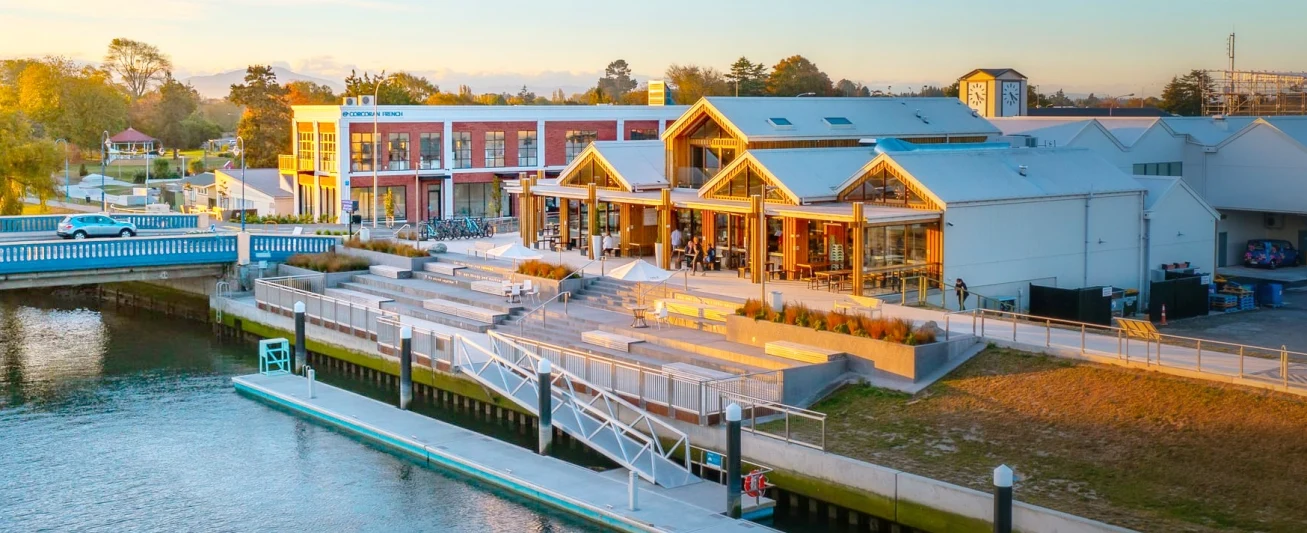Learning Center
Debunking The Top 5 Myths About Metal Roofing

Myth 1: Metal Roofs Attract Lightning
Many people believe metal roofs attract lightning, but this is not true. The misconception arises because lightning rods, often made of metal, are used to channel lightning safely to the ground. However, the material of your roof does not influence the likelihood of a lightning strike.
The chances of a lightning strike depend on several factors:
- Topography: Elevated locations, such as hills or mountains, are more prone to lightning.
- Building Size: Larger buildings are more likely to be struck due to their size.
- Proximity to Other Structures: Smaller buildings near taller ones are less likely to be hit.
- Thunderstorm Frequency: Areas with frequent storms face a higher risk.
Metal roofs are actually safer during storms because they are non-combustible. This means they will not catch fire if struck by lightning.
Myth 2: Metal Roofs Are Noisy
Another common myth is that metal roofs are noisy during rain or hailstorms. While it is true that older metal roofs might have been louder, modern metal roofs are designed to minimise noise. Several factors help reduce sound:
- Roof Deck: A solid roof deck with proper sheathing and insulation acts as a sound barrier.
- Thermal Movement: Proper installation, allowing for thermal expansion and contraction, prevents noise issues.
- Insulation: Adding insulation significantly reduces sound, making metal roofs as quiet as other roofing types.
- Expert Installation: Experienced professionals ensure a snug fit, reducing noise further.
For those who enjoy the gentle sound of rain, specific installation techniques can be tailored to meet individual preferences.
Myth 3: Metal Roofs Rust Easily
Not all metal roofs are prone to rust. Modern metal roofing materials and coatings are designed to resist corrosion for decades. Let us look at the most common materials:
- Galvalume®: A blend of steel, aluminium, and zinc, offering excellent corrosion resistance with self-healing properties.
- Aluminium: This metal does not rust and is highly resistant to corrosion, making it ideal for coastal areas.
- Copper: Instead of rusting, copper develops a protective patina over time.
- Zinc: Forms a protective zinc carbonate layer when exposed to the elements, preventing rust.
- Stainless Steel: Contains chromium, which enhances its resistance to rust and corrosion.
Additionally, specialised paint systems applied to metal roofing provide extra protection. Many manufacturers also offer warranties, giving homeowners added peace of mind.
Myth 4: Metal Roofs Dent Easily
It is a common misconception that metal roofs dent easily, especially during hailstorms. However, metal roofing is highly resistant to dents and punctures. Here is why:
- Impact Resistance: Metal roofing undergoes rigorous testing under the Standard for Impact Resistance of Prepared Roof Covering Materials (UL 2218). Materials are rated from Class 1 to Class 4, with Class 4 being the most impact-resistant.
- Design Features: Metal roofs often include rib rollers or striations that hide minor dents, making them less noticeable.
Even in areas prone to severe weather, metal roofs perform exceptionally well. Moreover, most insurance policies include coverage for hail damage, adding an extra layer of reassurance.
Myth 5: Metal Roofs Retain Heat
It is true that metal can hold heat when exposed to sunlight, but modern metal roofing technology has solved this issue. Cool metal roofs are now designed with high Solar Reflective Index (SRI) ratings to manage heat effectively:
- Solar Reflectance: This measures how much sunlight is reflected by the roof. Higher values mean better reflectance.
- Emissivity: This indicates how efficiently the material emits absorbed heat. Higher values indicate better heat emission.
- SRI: This combines solar reflectance and emissivity, providing an overall measure of the roof’s ability to stay cool.
Cool metal roofs reflect solar energy and efficiently release absorbed heat. This keeps buildings cooler during summer and reduces energy consumption. Additionally, they are eco-friendly and available in a wide range of colours and finishes to suit any style.
Conclusion
Understanding the facts about metal roofing can help you make well-informed decisions. Metal roofs do not attract lightning, are not excessively noisy, resist rust, stand up to dents, and efficiently manage heat. If you want more information or personalised advice, contact The Roofing Store in New Zealand today. Speak with our team of metal roofing experts and discover the benefits of this durable, stylish, and sustainable option!